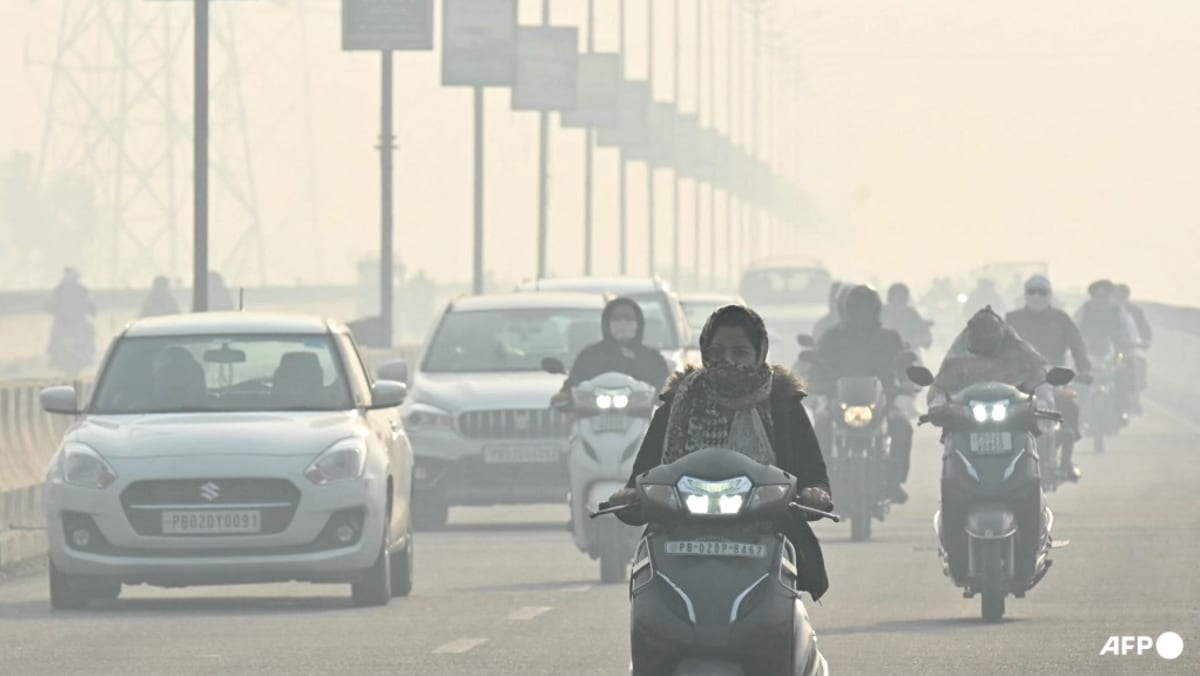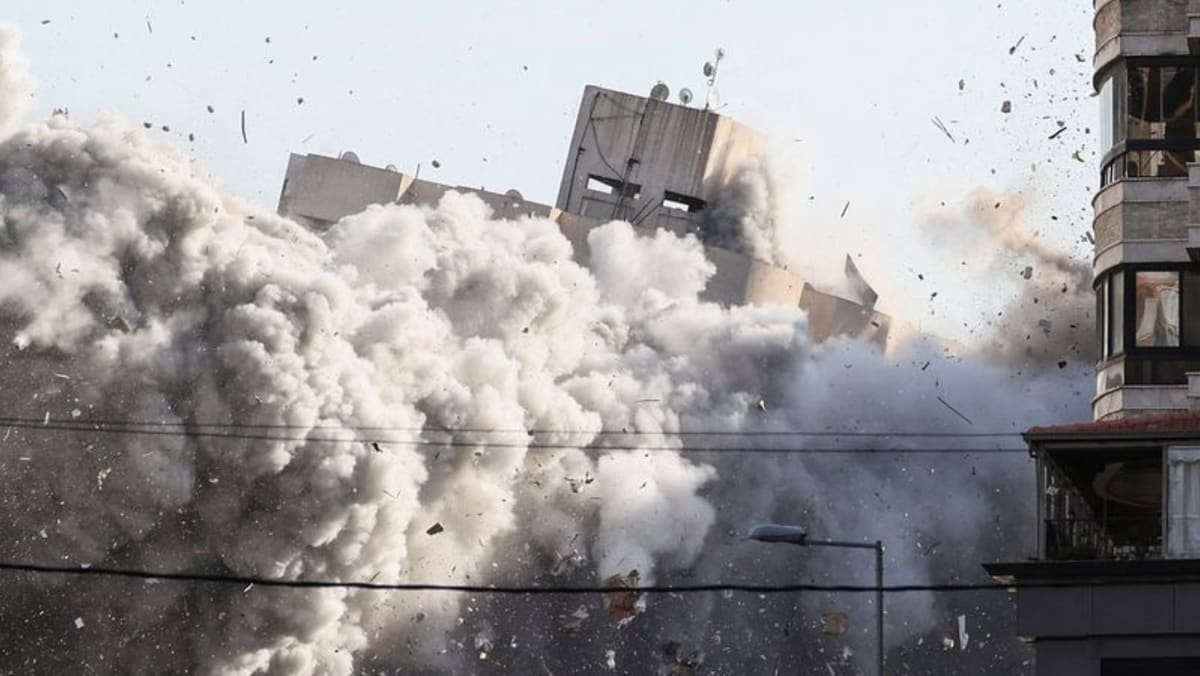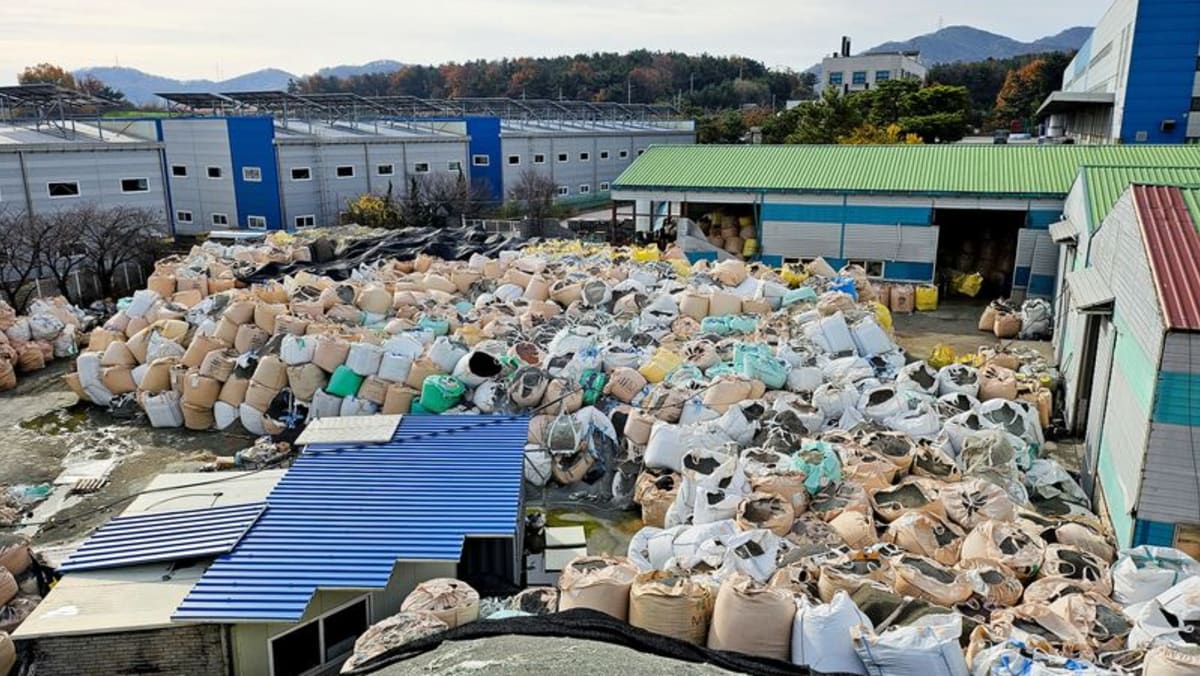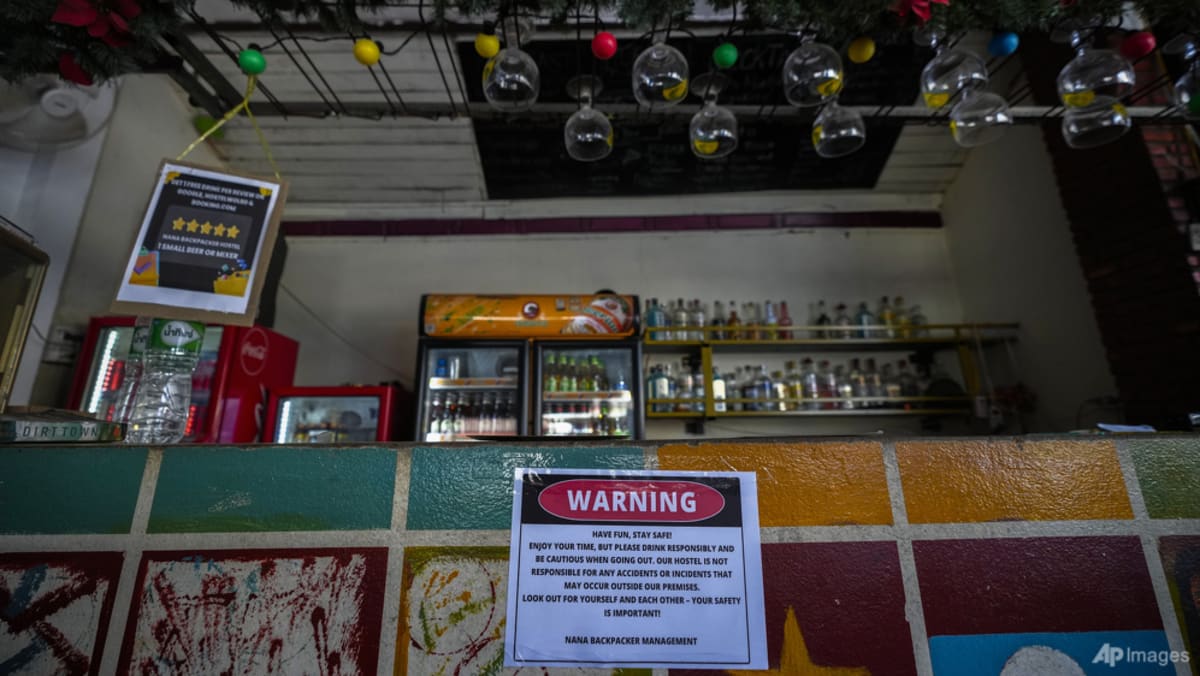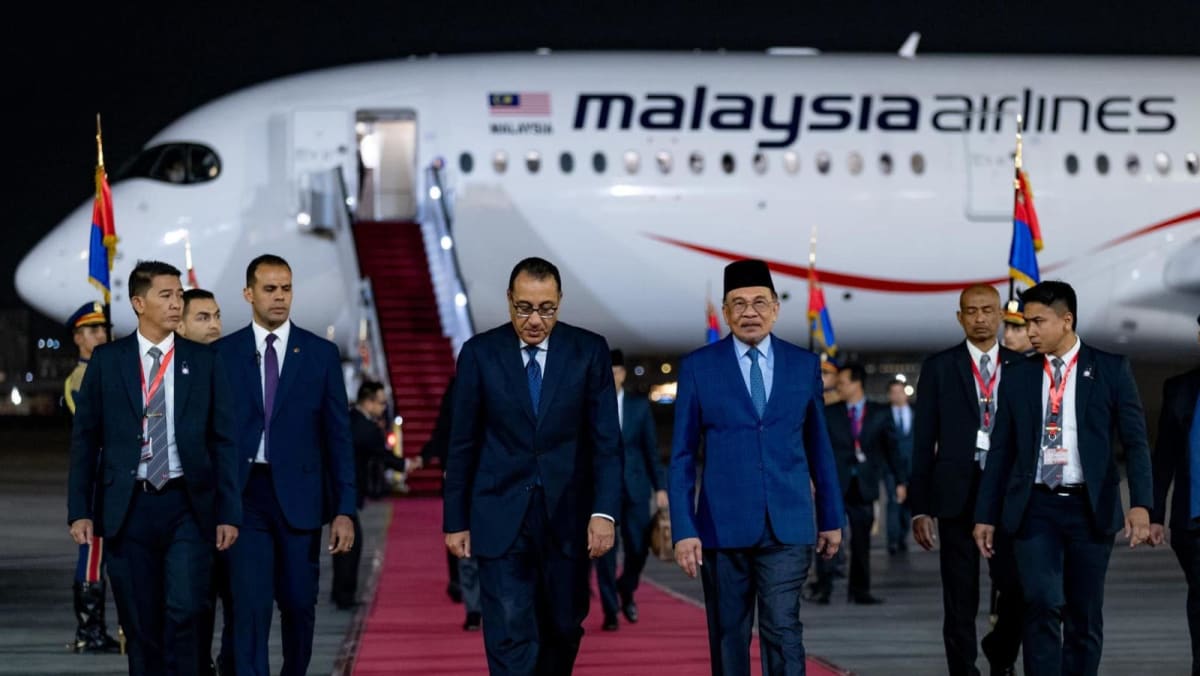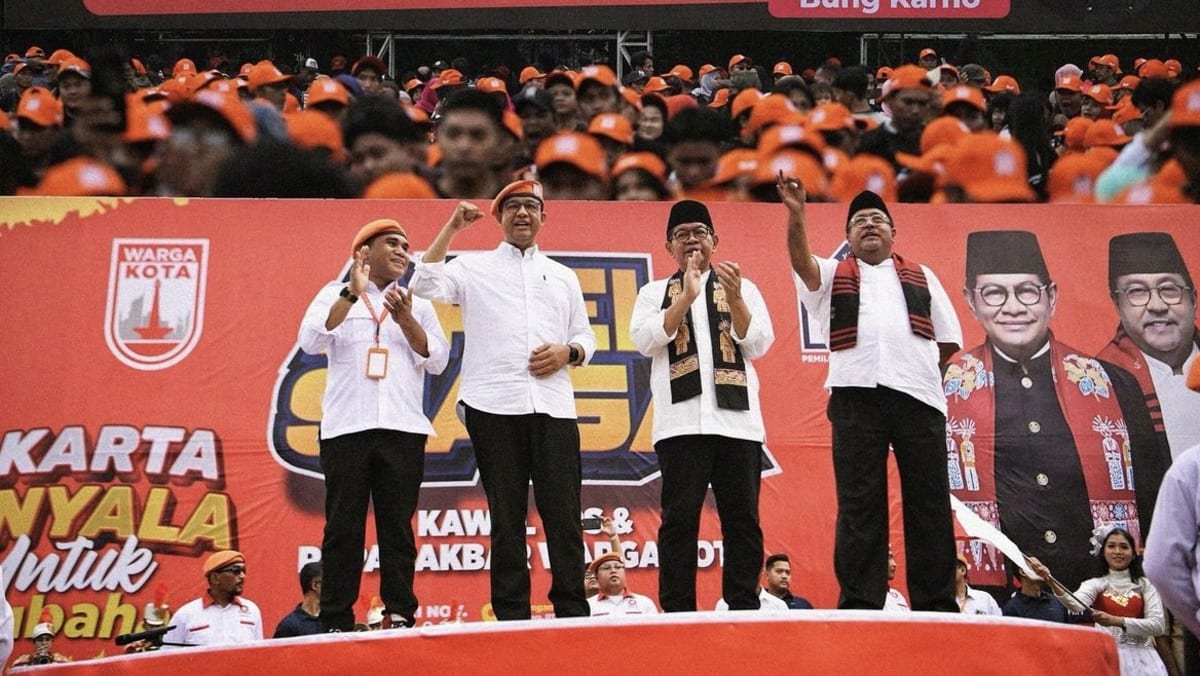SEOUL: South Korea has won international praise for its recycling efforts, but as it prepares to host talks for a global plastic waste agreement, experts say the country’s approach highlights its limits.
When the talks, known as INC-5, kick off in Busan next week, debate is expected to centre around whether a United Nations treaty should seek to limit the amount of plastic being made in the first place.
Opponents of such an approach, including major plastic and petrochemical producers like Saudi Arabia and China, have argued in previous rounds that countries should focus on less contentious topics, such as plastic waste management.
South Korea says that it recycles 73 per cent of its plastic waste, compared to about 5 to 6 per cent in the United States, and the country might seem to be a model for a waste management approach.
The bi-monthly MIT Technology Review magazine has rated South Korea as “one of the world’s best recycling economies”, and the only Asian country out of the top 10 on its Green Future Index in 2022.
But environmental activists and members of the waste management industry say the recycling numbers do not tell the whole story.
South Korea’s claimed rate of 73 per cent “is a false number, because it just counts plastic waste that arrived at the recycling screening facility – whether it is recycled, incinerated, or landfilled afterward, we don’t know,” said Seo Hee-won, a researcher at local activist group Climate Change Center.
Greenpeace estimates South Korea recycles only 27 per cent of its total plastic waste. The environment ministry says the definition of waste, recycling methods and statistical calculation vary from country to country, making it difficult to evaluate uniformly.
South Korea’s plastic waste generation increased from 9.6 million tonnes in 2019 to 12.6 million tonnes in 2022, a 31 per cent jump in three years partly due to increased plastic packaging of food, gifts and other online orders that mushroomed during the pandemic, activists said. Data for 2023 has not been released.
A significant amount of that plastic is not being recycled, according to industry and government sources and activists, sometimes for financial reasons.
At a shuttered plastic recycling site in Asan, about 85km south of Seoul, a mountain of about 19,000 tonnes of finely ground plastic waste is piled up untreated, emitting a slightly noxious smell. Local officials said the owner had run into money problems, but could not provide details.
“It will probably take more than ₩2 billion-₩3 billion (US$1.43 million-US$2.14 million) to remove,” said an Asan regional government official. “The owner is believed unable to pay, so the cleanup is low priority for us.”
Reuters has reported that more than 90 per cent of plastic waste gets dumped or incinerated because there is no cheap way to repurpose it, according to a 2017 study.
